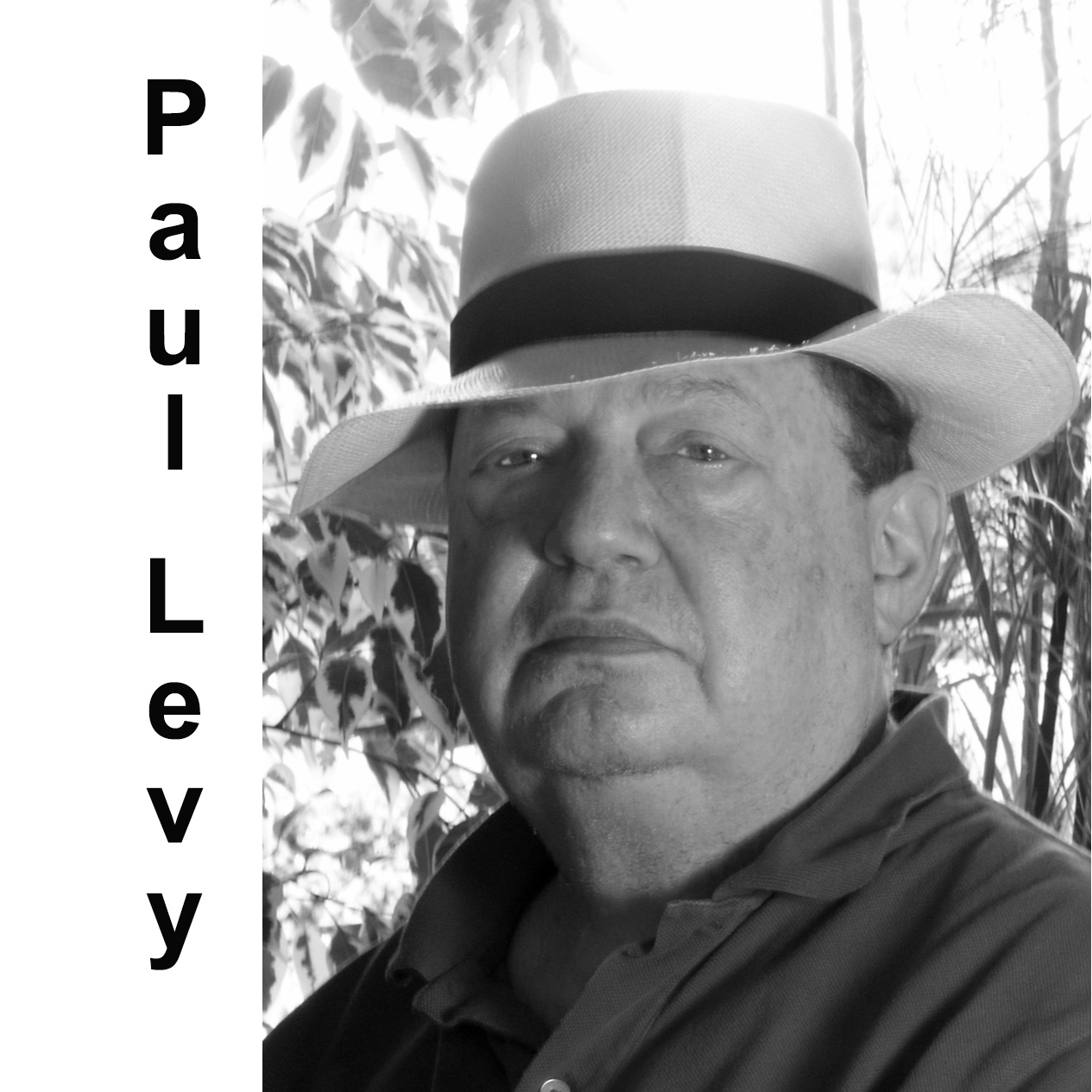Historian and biographer with a Bloomsbury background who unearthed forgotten writers of the First World War
Hugh Cecil wrote The Flower of Battle
Hugh Cecil had a special sympathy for the lost generation of young soldiers and writers of the First World War. When he researched The Flower of Battle (1995), his joint biography of a dozen lesser-known fiction writers of the period, he discovered something odd about one of them, Peter Deane.
Though Deane’s protagonist had parallels with the young officer in the same situation as Oliver Onions’s chief character in his Peace in Our Time, who after the war “finds that society cares nothing for those who have served their country”, Cecil revealed that Deane “had never served as an officer in the British army during the war, being below military age, had no direct experience of unemployment after it, and was in fact female”. This romantic young woman was actually Pamela Hinkson (1900-82), the daughter of the Irish poet Katharine Tynan.
Cecil’s book starts with the story of Richard Aldington (1892-1962), known for his later exposé of TE Lawrence, but less so for his war novel Death of a Hero and his poetry. His stormy marriage to the fine imagist poet known as HD (for Hilda Doolittle) led her to experimental lesbianism, while Aldington’s ideals of “open marriage” resulted in several complicated liaisons. Important as it is entertaining to read, The Flower of Battle has been widely acknowledged as a significant contribution to First World War scholarship because it painted a picture of an era, not simply of individual lives.
A connoisseur of lesser known novelists and poets of the era, Cecil was a fine stylist himself, who could construct a whole paragraph as elegant and pithy as a single sentence. His skills showed to great effect in the earlier Clever Hearts (1990), the joint biography of Desmond and Molly MacCarthy, his maternal grandparents, that he wrote with his wife, Mirabel, and for which they won the Duff Cooper Prize. Though its subject is these two colourful Bloomsbury characters, the book depicts a country going from the Victorian into the modern age, a society transformed by two world wars.
Born in 1941, Hugh Peniston Cecil was the middle child of Lord and Lady David Cecil; his elder brother was the actor, Jonathan, and his younger sister is the children’s book literary agent, Laura Hornak. His father was a fellow of New College, Oxford.
Hugh and Jonathan were sent to the Dragon School in Oxford and to Eton. Hugh went on to New College, where he read history, graduating in 1963. He spent some time on an archaeological dig with Kathleen Kenyon in Jerusalem, and noted ironically that he must be one of the few people who had met the families of both Robert Kennedy and his assassin, Sirhan Sirhan.
Winning a Harkness Fellowship allowed Cecil to do research at Harvard and to travel widely. Cecil treated driving as an adventure, one that took him from New England to the tobacco and horse farms of Kentucky, and to Charleston and Savannah. He made deep and lasting friendships, including with members of the Kennedy family.
He returned to Oxford in 1969 and finished work for his DPhil on Lord Robert Cecil and the League of Nations, ostensibly supervised by Agnes Headlam-Morley, whom he rarely encountered. In 1972, Cecil married Mirabel Walker, a journalist on The Times. Her father, Richard Walker, manufactured showers and named one of the line Mirabel.
Hugh had enjoyed a childhood obsession with the Kodiak bears of Alaska, and the couple’s first joint publication was Teddy Tales (1980), with Mirabel’s text and Hugh’s drawings. Some of Cecil’s best work was done with Mirabel. In Search of Rex Whistler: His Life and His Work (2012) is a visually sensitive account of the brief and intriguing life of the artist and illustrator.
The couple had four children: Conrad, an actor named after the writer Hugh so admired; Clementine, former executive director of Pushkin House; David, a film producer and writer living in Uganda; and Stella, a designer of theatrical costumes.
Cecil’s first academic job was at Harlaxton College in Grantham. From there he went to be a lecturer in the history department at the University of Leeds, where he and Peter Liddle initiated a large conference on the First World War. He and Liddle also cofounded the Second World War Experience Centre, now at Otley, near Leeds.
However, it was for his observations of the First World War that Cecil will be remembered. As Publishers Weekly remarked in its review of The Flower of Battle: “Ably combining literary criticism and social history, Cecil shows how the malevolent petals of the ‘flower of battle’ cast an entire literary generation into shadow.”
Hugh Cecil, historian and biographer, was born on December 29, 1941. He died of progressive supranuclear palsy on March 11, 2020, aged 78
